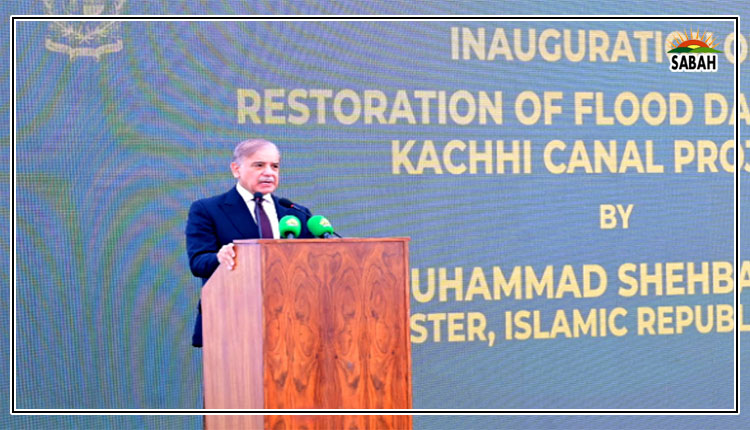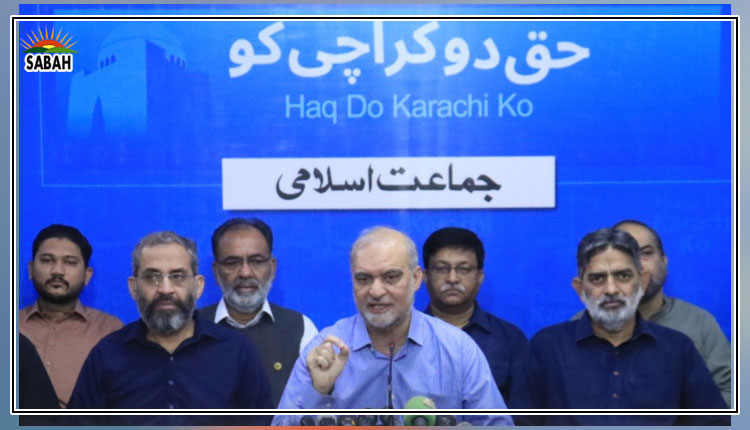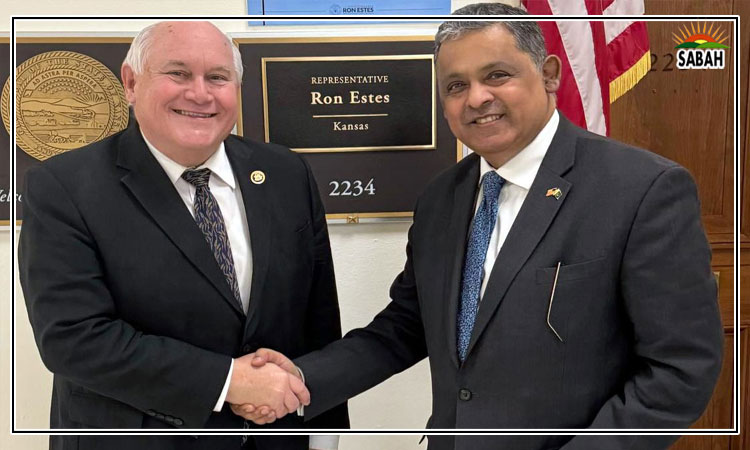The devil in devolution… Dr Zarqa Suharwardy Taimur
The functioning of the Parliamentary Committees, run by public office holders, is in the public purview, and as such merits sharing on a public forum.
Hence this piece of writing is a window into how the Government of Pakistan and its executive run the affairs of the state. It is a basic tenet here to remember that every function of our federal and provincial governments is funded by the direct and indirect taxes paid by common citizens, taken many a time with a gun to their heads.
The case in point is the 18th Amendment of the Constitution of Pakistan 1973, which was promulgated in 2010, with 102 amendments, to devolve power from the Federation to provinces and should have empowered local governments. The motivation behind this amendment may be circumspect, in empowering one province in particular, but that is a matter for another discussion. What is interesting to note though is that seventeen ministries were completely devolved in 2010, under the implementation commission, then set up for the purpose. As a consequence sixty two thousand employees were reassigned to other departments in various locations from these devolved ministries.
However, and quite magically it seems, seventeen new ministries with different names have been set up since 2011. Many new autonomous and subordinate bodies have also been established with buildings, furniture, cars, salaries and the ubiquitous perks. So in essence from one federal ministry before the 18th amendment we made 5 new ministries with five times as many jobs for public servants, consultants, retired officers, deputations, political appointees, etc. This also had the additional benefit of giving many MP1, MP2 assignments to specialist who write dossiers on how to streamline and improve the working of the executive arm of the Government of Pakistan.
The story of one of these federal ministries can be elucidated as an example. Let us take the case of the ministry of education which was devolved to the four provinces as a consequence of the amendment. However, within a year, on 24 July 2012, a new federal ministry of education was born officially and given the name of Federal education & professional training. Its mission statement, to develop human resources by ensuring equal access to educational excellence across Pakistan somehow failed to clarify that its jurisdiction was only the Islamabad Capital Territory, some international Pakistan chairs and various ancillary bodies which had already been distributed to other ministries, and were taken back to justify the new ministry.
An interesting trivia associated is that the ministry of education devolved earlier had 32 attached autonomous or subordinate bodies, while this new federal ministry has 29 subordinate bodies. The documents attached cite a Supreme Court judgement of 2012 quoting article 25A as vindication for this duplicate ministry. There is however no discussion on how this duplication of a devolved subject, which was to be monitored at the federal level by the Council of Common Interest, CCI, can be authorised in direct contradiction to the spirit of the Constitution of Pakistan. The budget of this ministry and its manpower strength remains a mystery. These secrets of statecraft are closely guarded, not to be divulged to anyone, because anything may be deemed at any opportune moment to fall under the official secrets act. A very important function under its purview is the appointment of scholars on at least 14 Pakistan academic chairs in universities abroad including the United Kingdom, Germany, Turkey, Jordan, Nepal, Hong Kong, Egypt, the United States, Kazakhstan, Iran and other countries. These positions are prized in promoting a progressive international image and have a special importance for Pakistan after 9/11. But, unfortunately they have been lying vacant since 2008.
Conveniently for us, the budget of one of the 30 subordinate autonomous bodies under this mammoth ministry, the Higher Education Commission (HEC), was recently reduced from Rs65 billion to Rs25 billion and quoted in media as unfair. A glance at the purview of this prestigious body reveals it has the huge number of 6 complete universities under its umbrella within the precinct of Islamabad Capital Territory. However, it appears the funding of these universities is independent of the HEC which runs with 22 divisions. Two of these divisions are Quality Assurance Agency and Quality Assurance Division, besides the Sports Division and Research and Analysis Agency. The HEC states that it has produced a cumulative of 3,035 PhDs (presumably cumulative from 6 universities of Islamabad) and has a total of 23,398 PhDs in its faculty (with a double asterisk clarifying this number to be a provisional figure). As is the nature of these public bodies, we have no clearly defined, time-bound, measurable or accountable goals.
It is unfortunate that we, as a nation, have forgotten what it means to be sincere to oneself. The lack of oversight and accountability of government employees and departments and the absence of commitment by public office holders to hold themselves and others answerable on the issues of the state are among the reasons behind this sorry state of affairs. The culture is one of decadence where it is acceptable to cheat the exchequer directly or indirectly so long as the paper trail is there and the rules and procedures designed by the executive hold no one accountable. It has become the norm to move government officials from one post to another within months so no one can either understand the intricacies of the work or take ownership. It suits everyone to perpetuate the chaos so long as the individuals can self-serve at the expense of the federal exchequer with no accountability for the deteriorating standards on either the politicians or the executive.
It is time we took ownership and held ourselves accountable for our jobs; and remember the buck stops with me literally and figuratively.
Courtesy The Express Tribune











